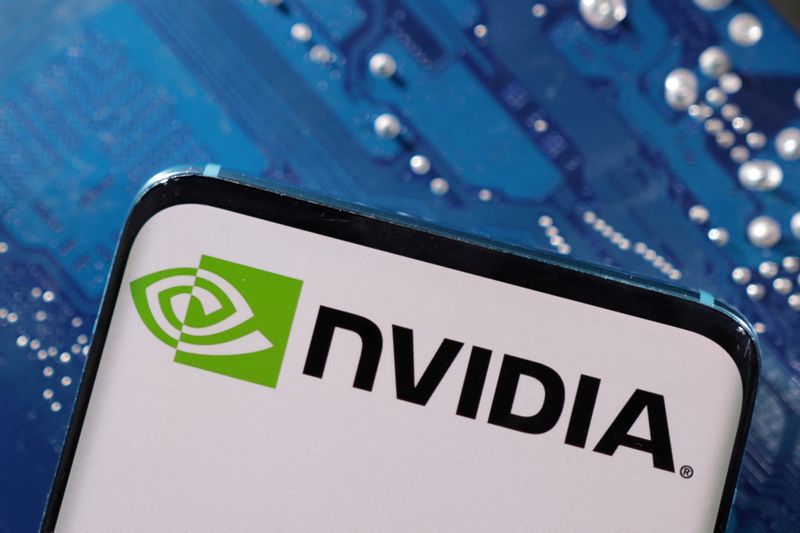Bullish indicating open at $55-$60, IPO prices at $37
Investing.com -- U.S. chipmaker Nvidia (NASDAQ:NVDA) has taken legal action against European Union (EU) antitrust authorities for agreeing to an Italian request last year to examine its purchase of AI startup Run:ai. Nvidia alleges that the regulators disregarded a prior court decision that limited their authority over smaller deals.
The lawsuit, however, will not affect the Run:ai transaction, which the EU competition watchdog approved in December last year. Nevertheless, a ruling in favor of Nvidia could potentially limit the regulator’s authority over mergers further.
Companies have expressed worry in recent years as the European Commission has occasionally invoked a seldom-used power known as Article 22 to review smaller transactions that fall below the EU’s merger revenue threshold.
The EU executive has expressed concerns about so-called killer acquisitions, where large corporations acquire startups with the intention of shutting them down. However, businesses have criticized such actions as regulatory overreach.
In September last year, the highest court in Europe stated in a significant ruling that the Commission cannot encourage or accept referrals of deals without a European dimension from national enforcers if those enforcers lack the authority to examine such deals under their own national laws.
Nvidia referenced this ruling in its lawsuit lodged with the General Court in Luxembourg, which is Europe’s second-highest court, as per a filing on the court’s website.
Nvidia has stated that the decision to accept the referral request from the Italian Autorità Garante della Concorrenza (AGCM) was unlawful. This request pertained to a transaction that fell below the EU Merger Regulation and member state merger control thresholds, and was based on the AGCM’s use of loosely defined, ex post, discretionary call-in powers.
According to Nvidia, the regulators’ decision to accept the Italian request violates principles of institutional balance, legal certainty, proportionality, and equal treatment.
This article was generated with the support of AI and reviewed by an editor. For more information see our T&C.
